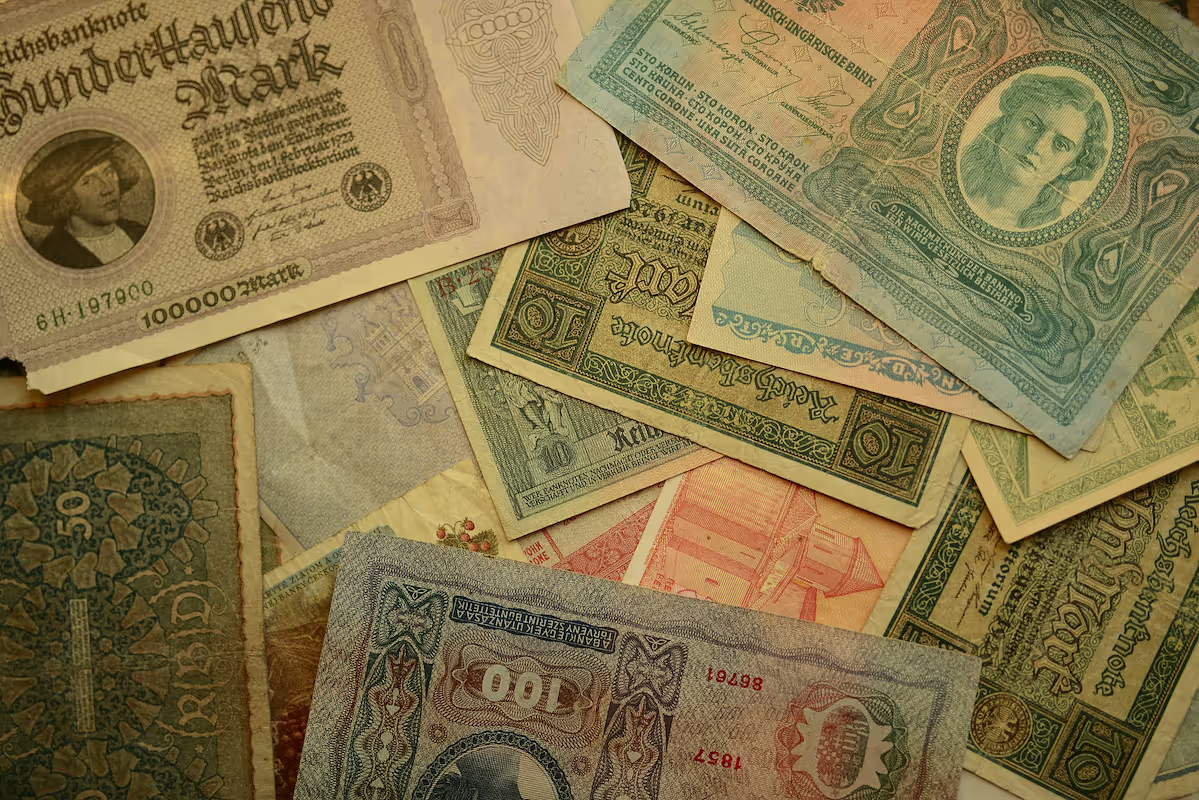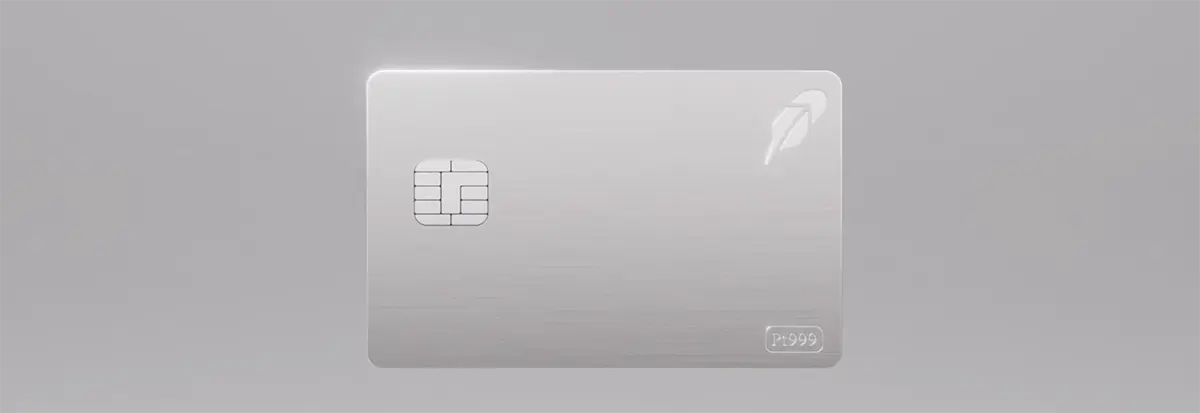
Kudos has partnered with CardRatings and Red Ventures for our coverage of credit card products. Kudos, CardRatings, and Red Ventures may receive a commission from card issuers. Kudos may receive commission from card issuers. Some of the card offers that appear on Kudos are from advertisers and may impact how and where card products appear on the site. Kudos tries to include as many card companies and offers as we are aware of, including offers from issuers that don't pay us, but we may not cover all card companies or all available card offers. You don't have to use our links, but we're grateful when you do!
Does Payment History Affect Your Credit Score?
July 1, 2025


Quick Answers
Yes, your payment history is the single most influential factor in determining your credit score, carrying more weight than any other component.
A consistent record of on-time payments demonstrates financial discipline and can substantially boost your creditworthiness.
Conversely, even a single late payment can negatively impact your score, signaling potential risk to lenders and financial institutions.
What Is a Payment History?
A payment history is a detailed record of how a consumer has managed their debt obligations over time. It tracks payments for various credit accounts, including credit cards, mortgages, auto loans, and student loans. This information is collected and maintained by the three major credit bureaus: Equifax, Experian, and TransUnion.
This record is the most significant factor used to calculate a person's credit score. A history of consistent, on-time payments will positively contribute to a score, demonstrating financial reliability to potential lenders. Conversely, late or missed payments can negatively affect a score, making it a critical component of one's overall financial health.
How Payment History Can Affect Your Credit Score
Your payment history is the most significant factor influencing your credit score. Consistently paying bills on time builds a positive record, while late payments can cause substantial damage to your creditworthiness.
- Consistent On-Time Payments: Each time you pay a bill by its due date, it contributes positively to your payment history. Lenders report this activity to credit bureaus, establishing a track record of reliability.
- The First Late Payment: Missing a payment by 30 days or more is typically when lenders report the delinquency. This first negative mark can cause a noticeable drop in your credit score.
- Escalating Delinquency: If an account becomes 60 and then 90 days past due, the damage to your credit score intensifies with each new reported status, signaling higher risk to potential lenders.
- Charge-Offs and Collections: After several months of non-payment, a creditor may close the account and write it off as a loss. This "charge-off" or sending the account to collections is a severe negative event that significantly harms your score.
- Long-Term Effects: Negative items like late payments and collections can stay on your credit report for up to seven years. While their impact diminishes over time, consistent positive payment behavior is essential for recovery.
How Much Will Payment History Affect Your Credit Score?
When evaluating how your payment history affects your credit score, several key factors come into play.
- Percentage Weight: Payment history is the single most important factor in most credit scoring models. It typically accounts for around 35% of your total FICO score, making it a crucial component.
- Severity and Frequency: A single 30-day late payment is less damaging than multiple delinquencies or a 90-day late payment. The more severe and frequent the lateness, the greater the negative impact on your score.
- Time and Recency: The impact of a late payment diminishes over time, though it can stay on your report for seven years. A recent missed payment will lower your score more than an older one.
How You Can Avoid Payment History Affecting Your Credit Score
Set Up Automatic Payments
Automating payments from your bank account is a surefire way to avoid missing due dates. This "set it and forget it" approach ensures creditors are paid on time, every time, protecting your payment history from the negative impact of late or missed payments.
Use Payment Reminders
If you prefer manual control over your finances, set up payment reminders. Use your phone's calendar or your creditor's mobile app to send notifications a few days before a due date. This simple step can prevent accidental late payments from damaging your credit score.
Communicate With Creditors
If you foresee trouble making a payment, contact your creditor immediately. Many are willing to offer temporary hardship plans or adjust your due date. Proactive communication can prevent a late payment from ever being reported to the credit bureaus, preserving your positive payment history.
Ways to Improve Your Credit Score
Improving your credit score is entirely possible and achievable through consistent, positive financial habits. Your score plays a vital role in your financial life, and you can see meaningful changes with dedicated effort.
- Make on-time payments. Since payment history is the most significant factor in your score, setting up automatic payments for all your bills is a great way to build a positive track record.
- Lower your credit utilization. Aim to use less than 30% of your available credit, as this ratio is the second most important part of your score.
- Check your credit reports. Regularly monitoring your reports helps you spot and dispute inaccuracies that could be dragging down your score, a key strategy outlined in one expert guide.
- Become an authorized user. If you know someone with a strong credit history, being added to one of their accounts can help build your own credit profile.
- Diversify your credit mix. Lenders like to see that you can responsibly manage different types of credit, such as installment loans and revolving credit cards.
- Limit hard inquiries. Applying for too many new lines of credit in a short time can temporarily lower your score, so it's best to space out your applications.
The Bottom Line
Your payment history is a critical component of your credit score. Consistently paying bills on time is essential for building and maintaining good credit, while late payments can have a negative impact.
Frequently Asked Questions
How long do late payments stay on my credit report?
Late payments can remain on your credit report for up to seven years, though their negative impact on your score will lessen over time.
Will paying off a collection account remove it from my report?
No, paying a collection account does not remove it. The account will be updated to "paid," but the negative mark stays for seven years.
Does one late payment significantly hurt my credit score?
Yes, a single late payment can cause a noticeable drop in your credit score, especially if you have an otherwise excellent credit history.
Unlock your extra benefits when you become a Kudos member

Turn your online shopping into even more rewards

Join over 400,000 members simplifying their finances

Editorial Disclosure: Opinions expressed here are those of Kudos alone, not those of any bank, credit card issuer, hotel, airline, or other entity. This content has not been reviewed, approved or otherwise endorsed by any of the entities included within the post.



































.webp)







